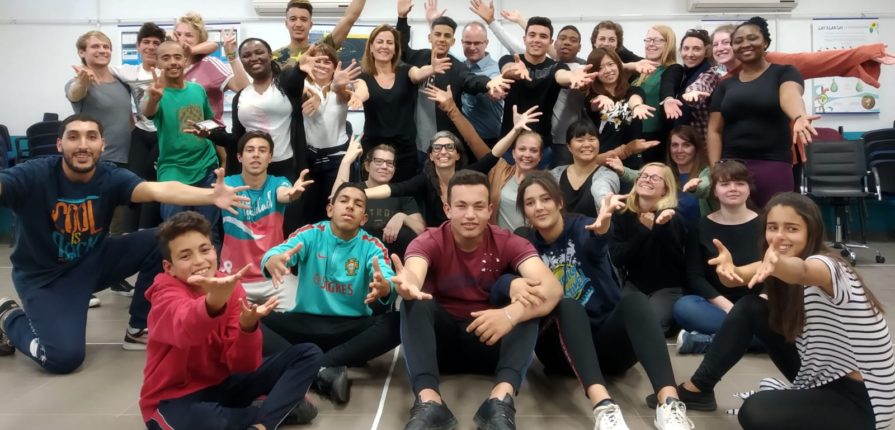Staff and students at the Centre participate in the 4th International Seminar on Unaccompanied Minors in Melilla, Spain.
The International Seminar on Unaccompanied Minors is an annual event held in the Spanish city of Melilla, located in North Africa. After Italy closed its borders, Spain and particularly Melilla have become the main gateway into Europe for migrants.
The seminar is organized by the European Research Center in Policies and Action on Minors and Migration (CEIPAMM/ERCPAMM). Professor Marit Skivenes is the co-director of CEIPAMM and served as one of the moderators at this year’s seminar, which took place in late April.
– This year’s conference showed the importance of gathering international experts with different professional backgrounds to solve challenges. Representatives of the Spanish authorities attending the conference expressed both concern and a willingness to find solutions and interact across agencies, states Skivenes.
Important event
The aim of CEIPAMM and the seminar is to improve scientific knowledge, intervention practices, and policies that affect migrant children. The conference brings together politicians, administrators, professionals in the field of practice, researchers, and students to discuss pressing issues related to migration.
– The children and families who are on the run are often vulnerable individuals who need help. The focus of the seminar is on finding out how we can work together in order to solve a global challenge that affects us all, and also help migrants have a better life, says Skivenes.
Student program

PHOTO: Students participate in a musical therapy session. CREDIT: CEIPAMM
Postgraduate and doctoral students from different countries participated in a research week in conjuction with the seminar.
PhD student Barbara Ruiken and visiting Fulbright student Olive Dwan, both from the Centre, as well as Ingrid Kvåle Fareide and Runa Aarset, master’s students at the University of Bergen, were among the participants.
The students attended seminar lectures, led presentations for fellow students, visited several accommodation centers for refugees and migrants, and took part in a musical therapy session with unaccompanied minors.
New knowledge
– The stay in Melilla motivated research and further studies. It also provided me with a professional international network and new knowledge on the current situation of refugees coming to Europe, and especially migrant minors, says PhD student Barbara Ruiken.
Professor Skivenes coordinated the student research week from the University of Bergen. She believes it is a meaningful opportunity for students to see and better understand how migration is experienced by young, single asylum seekers and refugee families, and how the government and volunteers work to help.
– It links the knowledge, theories, and concepts we have as students and researchers to specific challenges in society. My impression is that the students experienced the study trip as educational and motivating for their own work.
Read PhD student Barbara Ruiken’s blog post: Reflections from Melilla.
Hear Ingrid Kvåle Fareide and Runa Aarset reflecting on their experiences at NRK Radio (in Norwegian).


